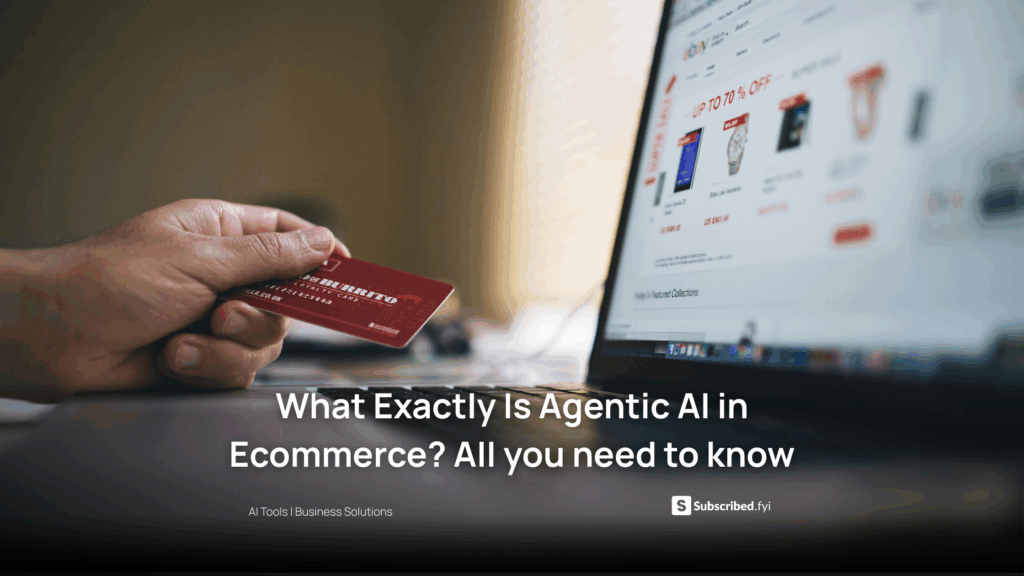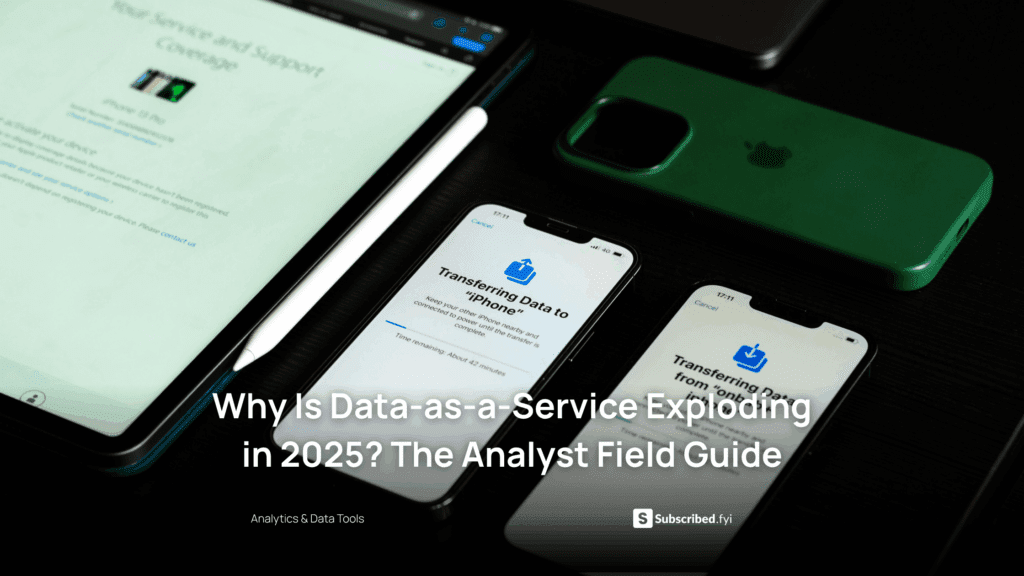Captivating Audiences: Exploring the Attractiveness of E-commerce


Captivating Audiences: Exploring the Attractiveness of E-commerce
E-commerce continues to captivate audiences worldwide, offering a dynamic and convenient shopping experience that appeals to modern consumers. Let’s delve into the factors that contribute to the allure of e-commerce and explore why it remains a dominant trend in the digital landscape.
1. Convenience and Accessibility
The convenience of e-commerce cannot be overstated. With just a few clicks, shoppers can browse a vast array of products from the comfort of their homes or while on the go. This accessibility eliminates the constraints of traditional retail hours and geographical limitations, allowing consumers to shop at their convenience, whether it’s early morning or late at night.
Situational Example: Imagine a busy professional who doesn’t have time to visit physical stores during regular hours. E-commerce allows them to shop for groceries, clothing, or electronics at any time that fits their schedule, ensuring they never have to compromise their daily routine.
2. Endless Product Selection
E-commerce platforms offer an unparalleled selection of products, ranging from everyday essentials to niche items that may be challenging to find in physical stores. This extensive variety caters to diverse preferences and enables consumers to explore new brands and discover unique offerings tailored to their tastes. Whether searching for clothing, electronics, or specialty goods, e-commerce provides an endless array of choices to satisfy every need and desire.
Situational Example: Consider a consumer looking for a specific brand of organic skincare products. In a traditional retail setting, they might have limited options. However, through e-commerce platforms, they can access a wide range of brands and product variations, allowing them to find exactly what they’re looking for.
3. Personalized Shopping Experience
The rise of data-driven personalization has transformed the e-commerce landscape, enabling platforms to tailor recommendations and marketing messages to individual consumers. By analyzing browsing history, purchase behavior, and demographic information, e-commerce sites can deliver personalized product suggestions and promotions, enhancing the overall shopping experience and increasing customer engagement and loyalty.
Situational Example: When a customer logs into their favorite online clothing store, they are greeted with personalized recommendations based on their past purchases and browsing history. These tailored suggestions make the shopping experience more enjoyable and increase the likelihood of repeat purchases.
4. Competitive Pricing and Discounts
E-commerce platforms often feature competitive pricing and frequent discounts, making it possible for consumers to find products at lower prices compared to traditional retail stores. Furthermore, the ability to easily compare prices across different platforms empowers shoppers to make informed purchasing decisions and secure the best deals, maximizing their savings and value for money.
Situational Example: During holiday seasons or special promotions, e-commerce platforms offer exclusive discounts and bundle deals. This incentivizes consumers to make purchases, driving sales volume and fostering customer loyalty.
5. Secure Payment Options and Hassle-Free Transactions
E-commerce offers a variety of secure payment options, including credit/debit cards, digital wallets, and alternative payment methods, ensuring a seamless and hassle-free checkout process for customers. Robust security, like encryption and secure payment gateways, assures consumers of financial information protection during online transactions.
Situational Example: A consumer hesitates to make an online purchase due to concerns about payment security. The e-commerce platform offers secure payment options and trust badges, boosting confidence and encouraging transaction completion.
Relevant SaaS Products:
- Shopify: Effortlessly customize your e-commerce store for seamless shopping experiences, optimizing online business operations effectively.
- Stripe: Accept online payments securely and efficiently, streamlining the checkout process and enhancing customer trust and satisfaction.
- Mailchimp: Engage with your e-commerce customers through personalized email marketing campaigns, driving sales and fostering customer loyalty.
- Zendesk: Offer exceptional support, promptly resolving inquiries to ensure a positive shopping experience, and build trust with e-commerce audiences.
- Google Analytics: Analyze web traffic and user behavior for insights, optimizing e-commerce strategy and fostering growth effectively.
Conclusion
E-commerce’s appeal lies in its unmatched convenience, endless product selection, personalized shopping experience, competitive pricing, and secure transactions. As consumers increasingly embrace online shopping, businesses must leverage e-commerce platforms and strategies to captivate audiences, drive sales, and thrive in the digital marketplace.
Elevate Your E-commerce Strategy with Subscribed.fyi!
Ready to optimize your e-commerce strategy and unlock the full potential of your online business? Discover exclusive deals on essential SaaS tools at Subscribed.fyi, empowering you to streamline operations, enhance customer engagement, and drive growth for your e-commerce venture.
Relevant Links:











